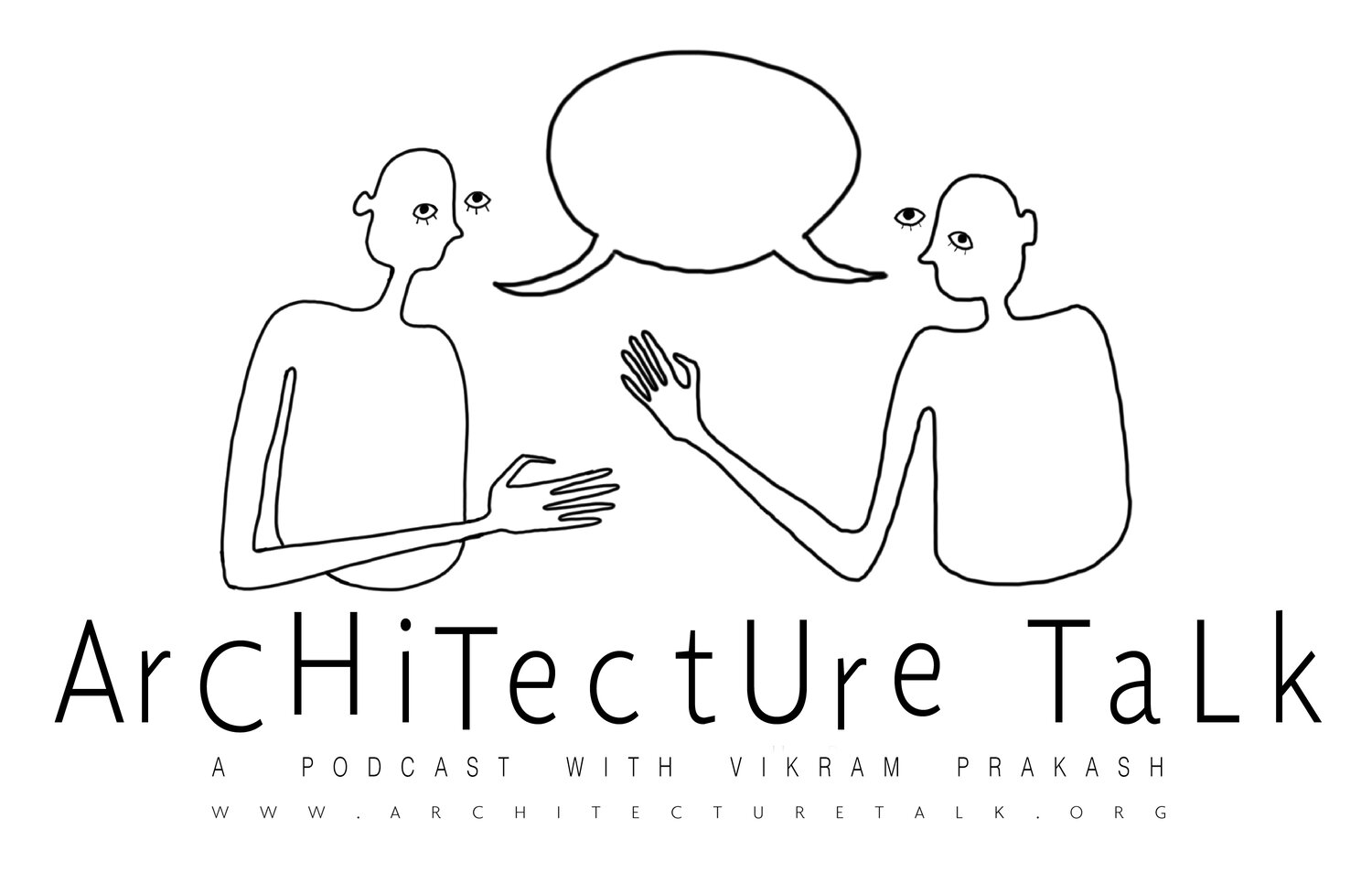8: Architecture and the Islamic World Today with Mariam Kamara and Yasaman Esmaili
““The original modernists were in West Africa or the Middle East.””
Architects from Niger and Iran, Mariam Kamara and Yasaman Esmaili, discuss their award-winning work, the challenges of practicing globally, and the difficulties and rewards of learning to translate across languages and cultures via architecture. Topics include: feminism and architecture, Islam in the world, international practice, and the non-Western roots of the modernist aesthetic.
Timestamp Outline
1:28 Lafarge Holcim Foundation Gold Prize experience
4:23 Hikma mosque and library project in Niyami as an adaptive reuse and extension project
6:24 “Breathing new life into old practices” as a renewal concept
7:40 Bayt al-Hikma (“House of Wisdom”) in Baghdad, Iraq: science and Islam together
10:14 Hikma project outside of Niamey as a de-dramatizing political statement in contemporary world
11:31 The body language of buildings and people
12:48 “Their proximity automatically makes those two aspects [of the religious and secular worlds] talk to each other...So there’s an automatic dialogue that’s effortless.”
14:35 Hikma as “a mind’s garden”: proximity as passive germination for communication, connection, knowledge
17:32 Layers of space and fada at the Niamey 2000 housing project
19:14 united4design collective
20:18 Mariam from Niger, Yasaman from Iran
20:25 Layers of public, private, and gendered spaces in Iran and Niger
25:01 Fada as a political space
27:04 The influence of empathy, gender and a non-Western identity in architectural work
36:08 The impact of design in the West vs the non-West
35:54 What does masōmī (in Hausa) and chahar (in Farsi) mean?
42:58 Aesthetics and influence of English and the West in local projects?
44:10 “Original modernists were in West Africa or Middle East”
46:24 Local, basic building and aesthetics







